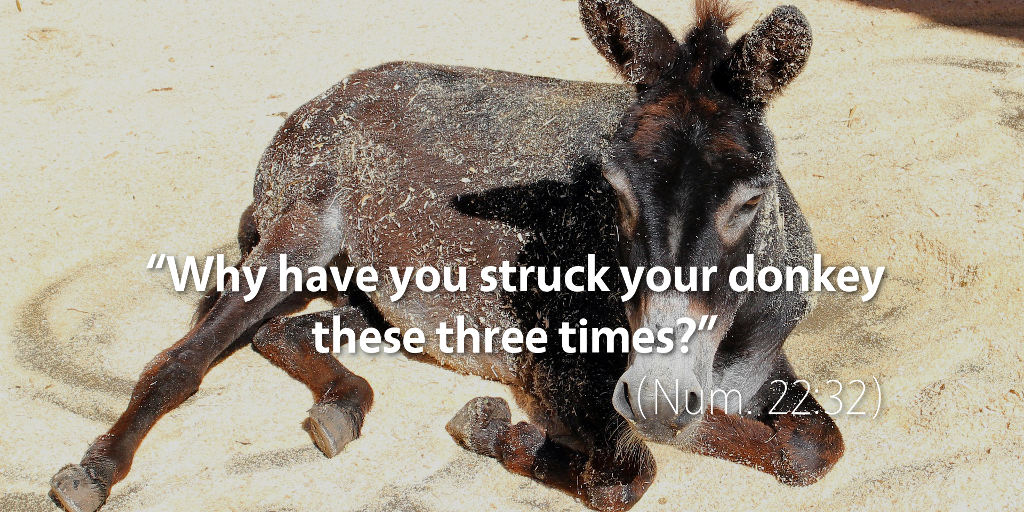Bible Readings for May 13th
Numbers 22 | Psalms 62–63 | Isaiah 11–12 | James 5
The book of Numbers begins with a system—a perfect system that Yahweh gave to his people to regulate how they conducted themselves in his presence so that he could live in their midst. Yahweh had set precise boundaries, with promises of blessing for obedience and warnings that whoever transgressed the space of Yahweh’s holiness would be put to death.
But as the book of Numbers progresses, the themes change significantly. No longer is there any suggestion that Israel might keep the law and thereby maintain their standing before Yahweh. Rather than grow in obedience, the people of Israel falter in many ways: frequent complaints about their provisions (e.g., Num. 11:1–15), the opposition of Miriam and Aaron against Moses (Num. 12), the bad report of the cowardly spies and the faithlessness of the people (Num. 13:25–14:12), the capital crime of the Sabbathbreaker (Num. 15:32–36), Korah’s rebellion (Num. 16), Moses’s failure to uphold Yahweh as holy in the eyes of the people (Num. 20:10–13), and even more complaining that prompted Yahweh to send fiery serpents into the midst of his people (Num. 21:4–9).
The introduction of Yahweh’s perfect law has not reformed Israel; rather, Israel seems to be growing progressively worse. The big theological question that hangs in the background of Numbers 22, then, is this: Given the chance, will Yahweh turn away from his people? They have completely failed, from the least of them all the way up to the great Moses himself. So, will Yahweh curse them, abandon them, and raise up a new people to start over?
There is real drama when the messengers of Balak come to Balaam, a prophet, asking him to curse the people of Israel—at this point, Yahweh would have legitimate reasons for listening to Balaam and taking this opportunity to reject his people once and for all.
But as though to mark his absolute, unbreakable, covenantal resolve to protect his people, Yahweh moves heaven and earth to prevent the curse of his people. The story of Balaam’s donkey speaking in Numbers 22:22–41 is not a cute embellishment given for the purpose of entertaining children on flannelgraph boards in Sunday School classrooms; instead, it is intended to underscore that fact that Yahweh will not abandon his people, no matter how far they have fallen.
We will explore more of the story of Balaam and Balak over the next few days, but meditate on the character of Yahweh as revealed in this passage. If even here we see Yahweh refusing to abandon his people, what better assurance do we have that he will be faithful to us in Jesus Christ?
Reflect on Romans 5:10: “For if while we were enemies we were reconciled to God by the death of his Son, much more, now that we are reconciled, shall we be saved by his life.”
Podcast: Play in new window | Download (5.2MB) | Embed
Subscribe: Apple Podcasts | RSS | More

Scripture quotations are from The Holy Bible, English Standard Version copyright © 2001 by Crossway Bibles, a division of Good News Publishers. Used by permission. All rights reserved.


